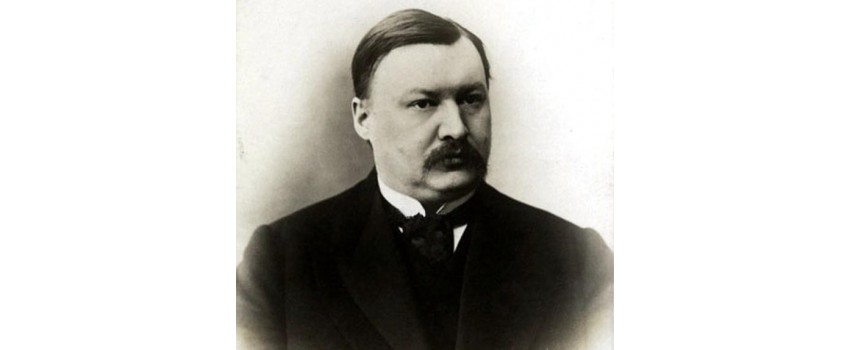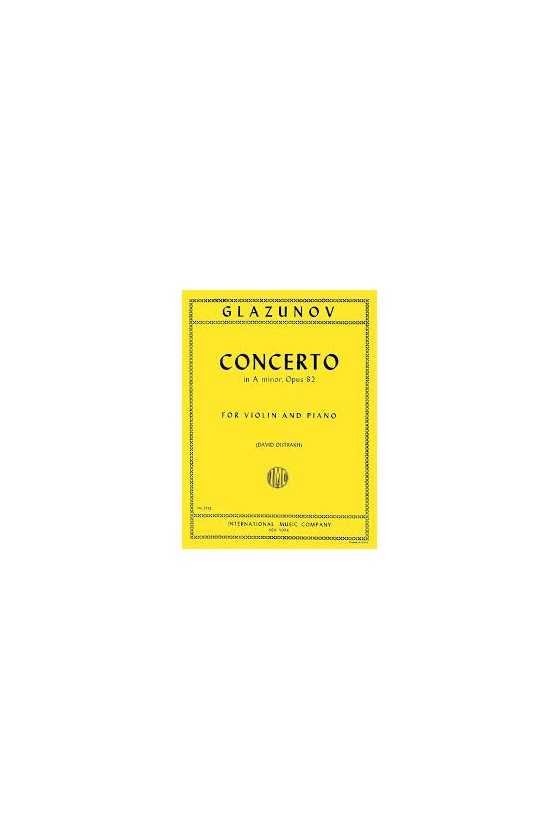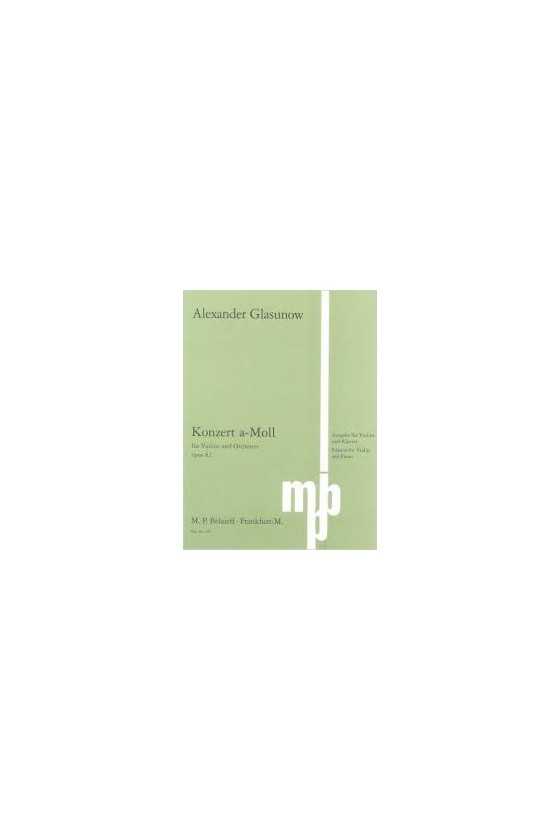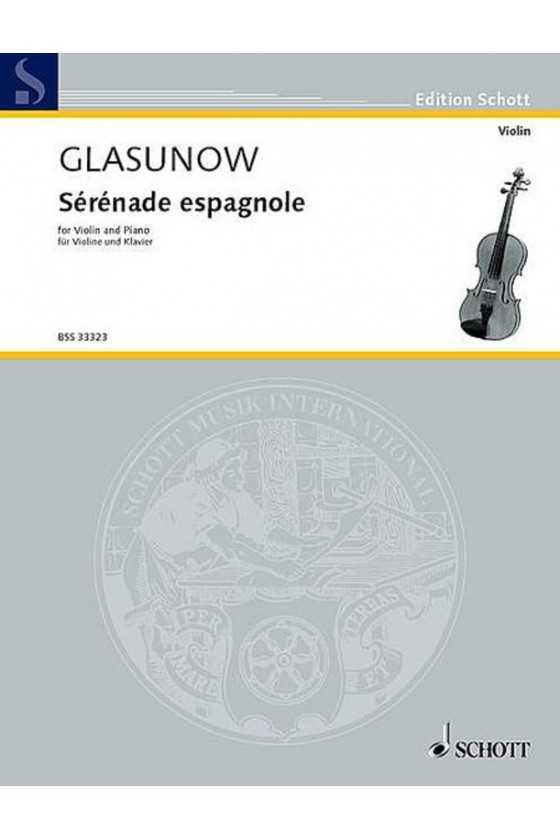Glazunov, Alexander
Alexander Glazunov (10 August 1865 – 21 March 1936) was a renowned Russian composer, music teacher, and conductor of the late Romantic period. His contributions to Russian music and his role in the reformation of the Saint Petersburg Conservatory made him a significant figure in the country's cultural history. Glazunov's ability to blend nationalism with cosmopolitanism, along with his technical mastery, set him apart as a composer.
Early Years and Musical Education
Born in St. Petersburg, Glazunov showed great musical promise from a young age. He began his musical education under the guidance of his mother, who was an accomplished pianist. Recognizing his talent, Glazunov's mother sought the mentorship of prominent composer Nikolai Rimsky-Korsakov, who became an instrumental figure in his early years. Rimsky-Korsakov nurtured Glazunov's skills and helped him complete some of Alexander Borodin's famous compositions, including the Third Symphony and the opera Prince Igor.
The Influences that Shaped Glazunov's Music
Glazunov's musical style was influenced by a variety of factors, including his Russian heritage and the works of fellow composers. While he inherited the nationalism of Balakirev, his music also showcased the grandeur reminiscent of Borodin's compositions. Glazunov was particularly drawn to the orchestral virtuosity of Rimsky-Korsakov, the poetic melodies of Tchaikovsky, and the contrapuntal brilliance of Taneyev. These influences, combined with his own unique perspective, allowed Glazunov to create a distinct musical language that resonated with audiences.
The Early Symphonies: An Anthology of Nationalist Fashions
In his early symphonies, Glazunov explored various nationalist fashions prevalent in Russian music at the time. His first two symphonies can be seen as an anthology of these styles, drawing inspiration from Balakirev and Borodin. Additionally, his symphonic poem Stenka Razin incorporated folk songs and orientalist techniques used by The Five. However, Glazunov soon realized that the polemics between academicism and nationalism were no longer relevant and sought to develop his own refined style.
The Third Symphony: A Bridge Between Worlds
Glazunov's Third Symphony marked a significant turning point in his career. Dedicated to Tchaikovsky, the symphony served as a bridge between his earlier works and his mature compositions. It showcased Glazunov's efforts to internationalize his music while maintaining a distinct Russian flavor. The composition, though challenging for Glazunov, demonstrated his technical mastery and solidified his position as a formidable composer.
The Fourth Symphony: A Purposefully Cosmopolitan Piece
Dedicated to Anton Rubinstein, Glazunov's Fourth Symphony was a purposefully cosmopolitan work. It reflected his desire to look outward to the West while staying true to his Russian roots. The symphony blended nationalist tradition with Western techniques, showcasing Glazunov's ability to navigate between different musical worlds. It was during this period that Glazunov solidified his mature style, setting the stage for his later works.
The Fifth Symphony: A Harmonious Fusion
In his Fifth Symphony, Glazunov continued to explore the fusion of nationalist tradition and Western techniques. The symphony demonstrated his ability to seamlessly blend these elements, creating a harmonious and compelling musical experience. Glazunov's Fifth Symphony exemplified his growth as a composer and solidified his position as one of Russia's leading musical voices.
Later Works and Legacy
As Glazunov took on more responsibilities at the Conservatory, his rate of composition decreased. However, he continued to produce notable works, including three ballets, eight symphonies, and several concertos. His Violin Concerto, a favorite of virtuoso Jascha Heifetz, remains a beloved piece in the classical repertoire. Glazunov's final composition, the Saxophone Concerto, demonstrated his ability to adapt to changing musical trends in the West.
Glazunov in the Eyes of the Critics
Despite Glazunov's significant contributions to Russian music, his later years were met with mixed reviews from critics. Some considered his music to be old-fashioned, while others recognized the value of his compositions. Thanks to recordings of Glazunov's complete symphonic works, his music has experienced a resurgence in recent years, leading to a reevaluation of his legacy.
Conclusion
Alexander Glazunov's life and music offer a fascinating journey through Russian Romanticism. His ability to combine nationalism and cosmopolitanism, along with his technical mastery, set him apart as a composer. Glazunov's contributions to the Russian music scene, his mentorship of notable students like Shostakovich, and his dedication to the Saint Petersburg Conservatory make him a significant figure in Russian cultural history.





